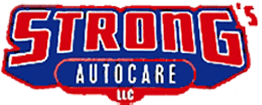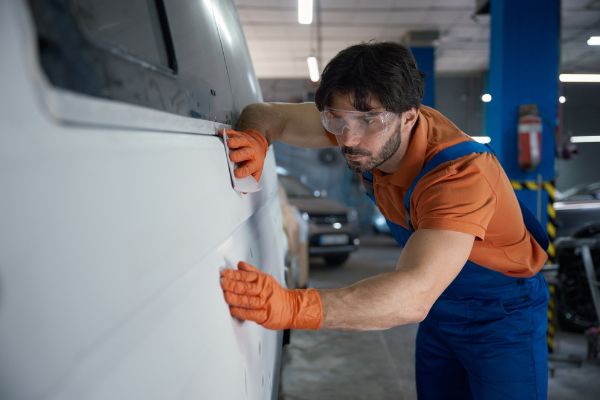Hard plastic damage is one of the most common issues vehicle owners notice after an accident, especially when the impact doesn’t leave obvious metal dents. Parts like bumpers, grilles, mirror housings, and exterior trim are often made from hard plastic, and even minor accidents can cause cracking, scraping, or distortion. Understanding what types of damage occur and how they’re repaired helps drivers know what to expect after a collision.
Cracks and Splits in Plastic Panels
Cracks are one of the most noticeable forms of hard plastic damage. They can occur from direct impact or pressure applied during an accident. Small cracks may seem cosmetic, but they can spread over time if not addressed. Collision repair shops often repair these cracks using plastic welding or bonding techniques that restore strength and prevent further damage.
Deep Scratches and Gouges
Hard plastic components can develop deep scratches or gouges when they rub against another vehicle or object. While light surface scratches may be less noticeable, more serious damage can weaken the plastic and affect the appearance. Professional repair involves sanding, reshaping, and refinishing the surface to restore a smooth, uniform finish.
Broken or Loose Mounting Points
After an accident, plastic components may appear intact but no longer sit correctly. This often happens when mounting tabs or clips break. Repair technicians inspect attachment points to determine whether they can be reinforced or resecured. In many cases, damaged mounts can be rebuilt to ensure proper fit and alignment.
Warping or Misshapen Plastic
Heat, pressure, or impact can cause plastic parts to warp or lose their original shape. Warped plastic may interfere with adjacent panels or affect overall appearance. Collision repair professionals use controlled heat and reshaping methods to return plastic components to their proper form when possible.
When Repair Is Possible vs. Replacement
Not all hard plastic damage can be repaired. If the plastic is shattered, severely deformed, or located in a critical safety area, replacement may be necessary. A professional inspection determines whether repair will meet safety and durability standards or if replacement is the better option.
Why Professional Repair Matters
Hard plastic repair requires specialized tools and techniques. Attempting DIY fixes can lead to weak repairs that crack again or fail prematurely. Professional collision shops ensure the repair restores strength, appearance, and long-term durability.
If you’ve noticed cracked or damaged plastic after an accident, visit Strong’s Auto Care, LLCfor a professional collision inspection. Learn your repair options by visiting Strong’s Auto Care, LLC or stopping by our shop in South Windsor.

